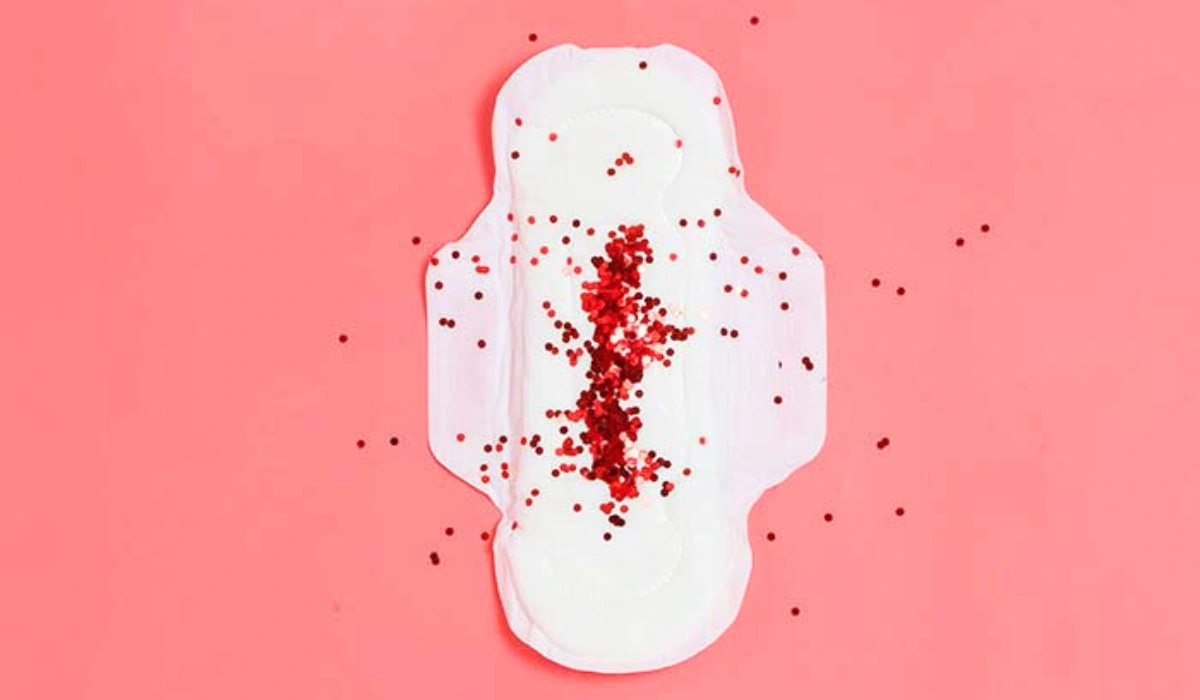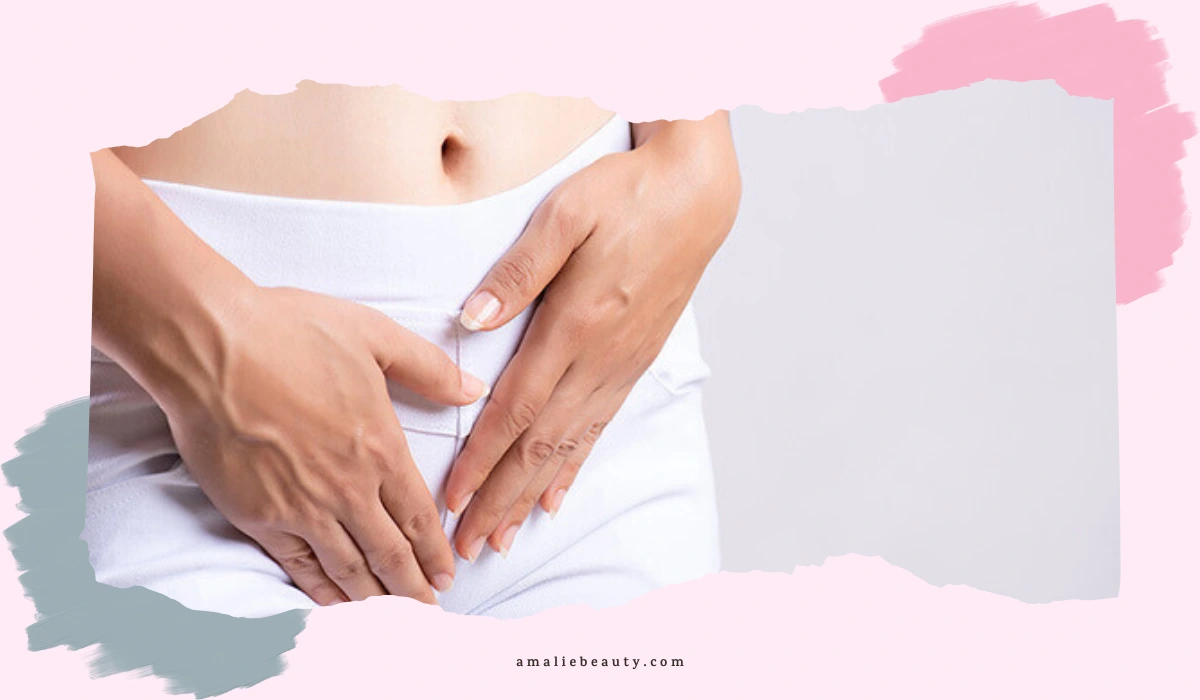Periods or menstrual cycles bring problems to women and girls that are characterized by cramps, mood swings, bloating, and other PMS symptoms. Also, in some cases, vaginal yeast infections happen, which is uncommon and happens before the week of period starts. It is normally caused due to growth of the fungus Candida albicans and irritates in and around the vagina. Further, she suffers from painful sensations during urination or intercourse and provides discomfort.
However, several remedies would help in treating this situation and provide comfort from infection and irritations. If you want to have in-depth knowledge of yeast infections during periods, then let’s explore through this article.
What Are Vaginal Yeast Infections During Periods?

Vaginal Yeast infections during periods can be the outcome of poor menstrual hygiene, along with various other reasons. Also, it can cause discomfort, irritation, and sometimes painful reactions when we are unable to know the cause. Besides, this type of infection also happens before and after periods that give unpleasant experiences and various issues to the body and mind. However, with the advice of gynecologists and home remedies, you can effectively get rid of this and get the menstrual cycle to pass with ease and comfort.
Let’s see below the causes and treatments of vaginal yeast infections during periods.
Reasons For Vaginal Yeast Infections During Periods
Vaginal yeast infections during periods are normally caused due to increased growth of fungus or bacteria near the vagina. It is caused due to several other reasons which are given below-
- It may be due to the use of antibiotic medicine, which causes an imbalance in natural vaginal flora.
- Due to pregnancy and uncontrolled diabetes or blood pressure levels.
- It might be due to an impaired immune system or weakening of the immune system or because of certain medications or conditions such as HIV infection.
- If taking oral contraceptives or hormone therapy that increases estrogen levels in the body.
- There are certain mental conditions like depression, anxiety, stress, or prolonged mental status that increase hormone levels and cause infections.
- Certain diets, such as processed foods, simple carbohydrates, and sugars, can overfeed the yeast in the body and allow them to grow out of control.
Symptoms
Vaginal yeast makes women or girls uncomfortness and makes them suffer a lot. Also, it shows certain symptoms that can be different for every person and often overlap with other common conditions. Some of the signs and symptoms of vaginal yeast infections are the following-
- Suffer from vaginal pain and soreness and rashes.
- You might have a thick, white, odor-free vaginal discharge and show a cottage cheese appearance.
- There can be watery vaginal discharge along with itching and irritation in the vagina and vulva.
- You might have a burning sensation, especially during intercourse or while urinating.
- There can be redness and swelling of the vulva.
Treatments
Vaginal yeast infection is treated with simple physical examinations, like, sample blood tests, over-the-counter antifungal medication, or antifungal ointments. Moreover, below are some of the treatment methods to get rid of vaginal yeast infection safely and quickly-
Change Underwear Daily: When having periods, it is advisable to change the underwear every 6 hours because there are certain infections released with periods that cause infection if left for a long time.
Probiotic Foods: A gynecologist can suggest the best probiotic food that can reduce the chances of having a vaginal yeast infection and reduce the risk of occurring even after the periods.
Change And Use Clean Pads: Certain pads do not suit every woman or girl for a longer time. So, it is advisable to change the pad after a regular period of 8 hours so that no infection is present in the pad and underwear.
Avoid Scented Products: You must not use scented products like shampoo, conditioner, perfumes, or other items around your vaginal area, as they can trigger infections and allow them to grow.
Shower Daily: During periods, it is advisable to shower yourself daily as it will help you stay fresh and clean and further reduce the risk of infections.
Keep Vagina Clean and Dry: During periods, it is advisable to keep your vagina clean and dry so that no viruses or bacteria grow and cause infections. This is only because these elements mostly grow in moisture, which is usually seen during periods.
Avoid Spicy Products: Again, it is advisable to avoid spicy products like processed foods and snacks enriched with oil and spices, as it cause bacteria to grow more and cause yeast infections. Instead, take fruits and green leafy vegetables as it is enriched with antioxidants and anti-inflammatory properties that reduce infections.
Preventive Methods To Deal With Yeast Infections During Periods
Vaginal yeast infection and give discomfort, painful sensations, and other issues that can trigger if left untreated. Moreover, there are some preventive tips or methods that can help in treating a yeast infection at home-
- Coconut oil is the best remedy to treat any infections or viruses that are prevailing in any part of the body. Also, if you are having vaginal infections, try using pure coconut oil in the infected area for some days and get rid of this problem.
- Tea tree oil is another best remedy that can help in treating vaginal infections during periods.
- You should wear clean, loose, and cotton clothes or underwear during periods.
- Do not apply soap or other scented products to clean the vagina during this period because it can trigger the situation.
Bottom Line
Vaginal yeast infection is a common and severe situation that can happen during periods or even before and after periods. It’s usually seen due to having unhygienic menstruation practices and not taking care of pads or underwear during periods. Also, certain hormone changes or mental issues can underline the situation and lead to infections in the vagina. There are certain creams, suppositories, or even oral medications that are given by healthcare professionals for a certain number of days.
Besides, having proper menstrual hygiene and avoiding the use of clothes during periods can be some other alternative methods to reduce the risk of yeast infections. However, if this condition is likely to be new, then talking to a gynecologist can be a better option than suffering for a long time. They will give the best suggestion that will prevent it from happening again.
References:
- Martin Lopez JE. BMJ Clin Evid 2015: pii: 0815.Candidiasis (vulvovaginal).
- Biere, S. S. et al. Minimally invasive versus open oesophagectomy for patients with oesophageal cancer: a multicentre, open-label, randomized controlled trial. Lancet 379, 1887–92 (2012).Article

